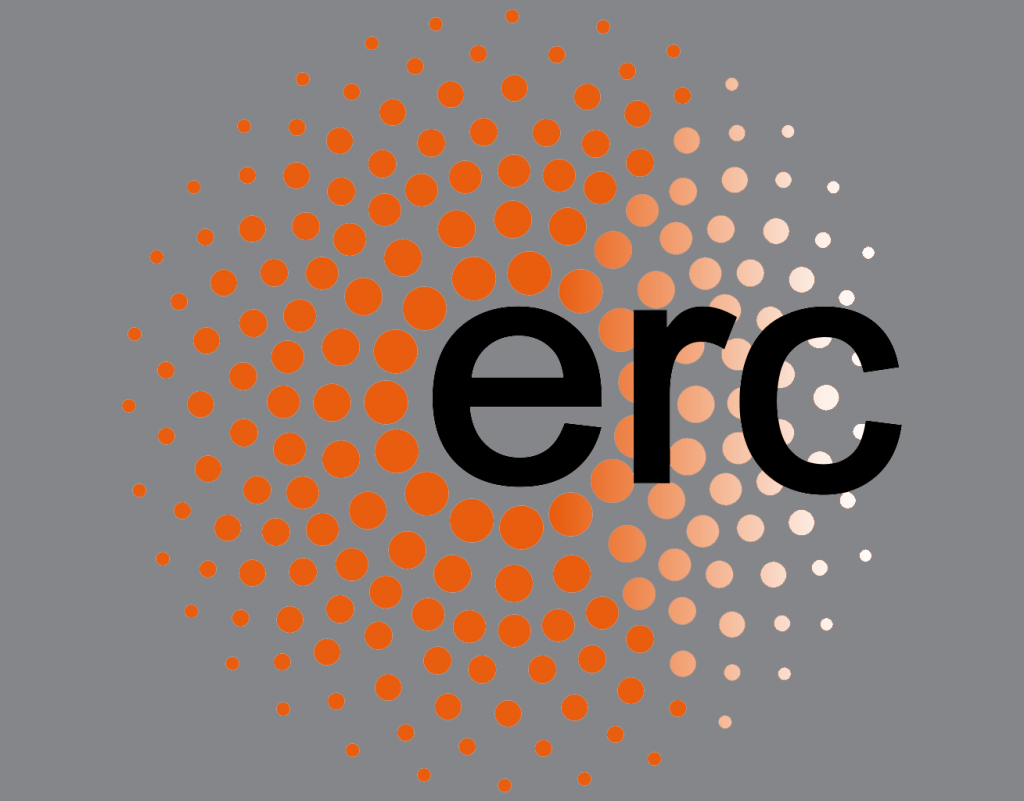Philosophers Win Large Grants from the ERC (updated)
A few philosophers have received large “Starting Grants” from the European Research Council (ERC) in its latest round of funding.
Alejandra Mancilla of the Department of Philosophy, Classics, History of Art and Ideas at the University of Oslo has won a grant of €1.5 million (approximately $1.78 million) for her project, Dynamic Territory: A Normative Framework for Territory in the Post-Holocene. The project aims to provide “normative criteria to solve conflicts of interest regarding the use of land and natural resources” in “a post-Holocene world where sea level rise, desertification, droughts, crop failure, water shortage, floods and extreme weather events will become the norm.” The project will develop “a novel framework for territory on a global scale, reassessing the traditional rights and duties associated with it” in order to to be suitable for a world characterized by “instability and unpredictability,” and will do so using an “interdisciplinary methodology that integrates environmental studies, geography and international law into political philosophy.”
Heidi Mertes of the Department of Philosophy and Moral Sciences and the Bioethics Institute at the University of Ghent has won a grant of €1.27 million (approximately $1.5 million) for her project, Disruptive Innovation in Healthcare Requires Disruptive Innovation in Medical Ethics. The project looks at innovations in health care that have “disrupted the traditional model of the doctor-patient relationship and have exchanged more specialized and qualitative medical care for more accessible or cheaper care,” such as “the much-discussed corona-apps… doctor Google, direct-to-consumer genetic testing, a smartwatch giving you medical advice or a decision support system giving your physician medical advice.” It then takes up questions about “whether the discipline of medical ethics is sufficiently equipped to guide new, disruptive innovations in healthcare towards their great potential in terms of improving patients’ access to good quality healthcare, while also safeguarding patients/users from the risks that accompany them, not only in terms of health, but also in terms of infractions against firmly rooted values such as patient autonomy, the duty of care, confidentiality or privacy.”
Ota Pavlíček of Department for the Study of Ancient and Medieval Thought at the Institute of Philosophy in the Czech Republic won a grant of €1.26 million (approximately $1.49 million) for his project, Reconstructing Late Medieval Quests for Knowledge: Quodlibetal Debates as Precursors of Modern Academic Practice. The interdisciplinary project focuses on quodlibetal debates held at European universities, especially from the 14th to the early 16th century: “as prescribed by the university statutes, dozens of professors participated periodically in these unique collective works of the Middle Ages, which encompassed all the disciplines pursued at the university, from logic to medicine to theology.” It aims “to establish the corpus of these debates as a new field of study through an extensive examination of manuscripts, thus filling a substantial gap, radically extending the fields of the history of universities and intellectual history, and reconstructing the roots of the modern practice of fostering collective science. A complex analysis of the corpus will bring about a substantial change in our understanding of medieval practices of the production and sharing of knowledge.”
Mona Simion of the COGITO Epistemology Research Centre and Department of Philosophy at the University of Glasgow won a grant of €1.5 million (approximately $1.78 million) for her project, Knowledge-First Social Epistemology. The project aims to develop a “novel research programmme for social epistemology, one that puts knowledge first; it starts with the function of social epistemic interactions, i.e. that of generating knowledge, and investigates the epistemic normative structure that is borne out by this function: how should we proceed in social epistemic interactions in order to generate knowledge? KnowledgeLab employs this novel methodology in the service of the epistemology of testimony, disagreement, and groups, and develops an integrated account of the epistemology of the media. This framework is highly relevant in the context of a globalised society, replete with both easy-access information and misinformation: it is more important than ever to know what separates trustworthy sources of information from untrustworthy ones.” You can learn more about the project here.
A list of all the grant winners is here.
[Note: this post has been updated from the original to include Alejandra Mancilla’s project and grant and to provide further details about Heidi Mertes’ grant and project.]


